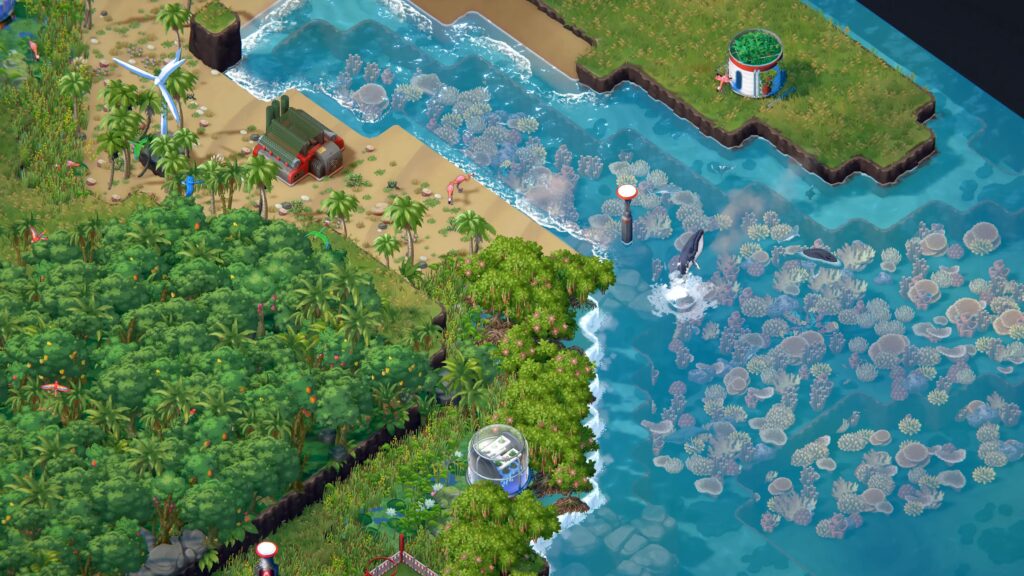Strategic simulations have come a long way from ancient board games like chess to modern virtual reality experiences. This evolution has made them more immersive and engaging, challenging players to think strategically and adapt to different situations. Board games like Risk and video games like Civilization have allowed players to simulate historical battles and build empires, while virtual reality technology has taken simulations to a whole new level by allowing players to step inside the game world and interact with it in a whole new way. As technology continues to advance, the future of strategic simulations looks promising, offering endless possibilities for players to test their skills and challenge their minds.
The Evolution of Strategic Simulations: From Board Games to Virtual Reality
Strategic simulations have been a popular form of entertainment and education for centuries. From ancient board games like chess and go to modern video games and virtual reality experiences, strategic simulations have evolved over time to become more immersive and engaging. Let’s take a look at how strategic simulations have changed and developed over the years.
Board Games
One of the oldest forms of strategic simulation is the board game. Games like chess, go, and backgammon have been played for thousands of years, challenging players to think ahead and outsmart their opponents. These games require strategic thinking, planning, and adaptability to succeed, making them great exercises for the mind.
Board games have also been used to simulate historical battles and conflicts, with games like Risk and Axis & Allies allowing players to reenact key moments in history. These games require players to make tough decisions and think strategically to come out on top, adding an element of realism to the simulation.
Video Games
With the rise of technology, strategic simulations have moved from the tabletop to the screen. Video games like Civilization, Total War, and XCOM offer players the chance to build empires, command armies, and conquer worlds in immersive virtual environments. These games allow players to test their strategic skills in a variety of scenarios, from managing resources to fighting battles.
Video games have also expanded the possibilities of strategic simulations, with complex AI systems, realistic graphics, and dynamic gameplay mechanics creating a more immersive and challenging experience for players. Multiplayer modes allow players to compete against each other in real-time, adding a social element to the strategic simulation.
Virtual Reality
The latest evolution in strategic simulations is virtual reality. VR technology allows players to step inside the game world and interact with it in a whole new way. Games like Star Trek: Bridge Crew and Keep Talking and Nobody Explodes offer players the chance to collaborate with friends in a virtual space, solving puzzles and completing missions together.
Virtual reality also opens up new possibilities for strategic simulations, with motion controls and realistic environments enhancing the immersion of the experience. Players can physically move around and interact with objects in the virtual world, making decisions and executing strategies in real time.
The Future of Strategic Simulations
As technology continues to advance, the possibilities for strategic simulations are endless. AI systems will become smarter and more sophisticated, creating more challenging opponents for players to face. Virtual reality technology will continue to improve, offering players even more immersive and realistic experiences.
With the rise of esports and competitive gaming, strategic simulations are becoming more popular than ever. Tournaments and leagues allow players to test their skills against the best in the world, adding a competitive edge to the simulation experience.
Whether you prefer classic board games, modern video games, or cutting-edge virtual reality experiences, strategic simulations offer a fun and engaging way to test your skills and challenge your mind. The evolution of strategic simulations has come a long way, and the future looks even brighter.
